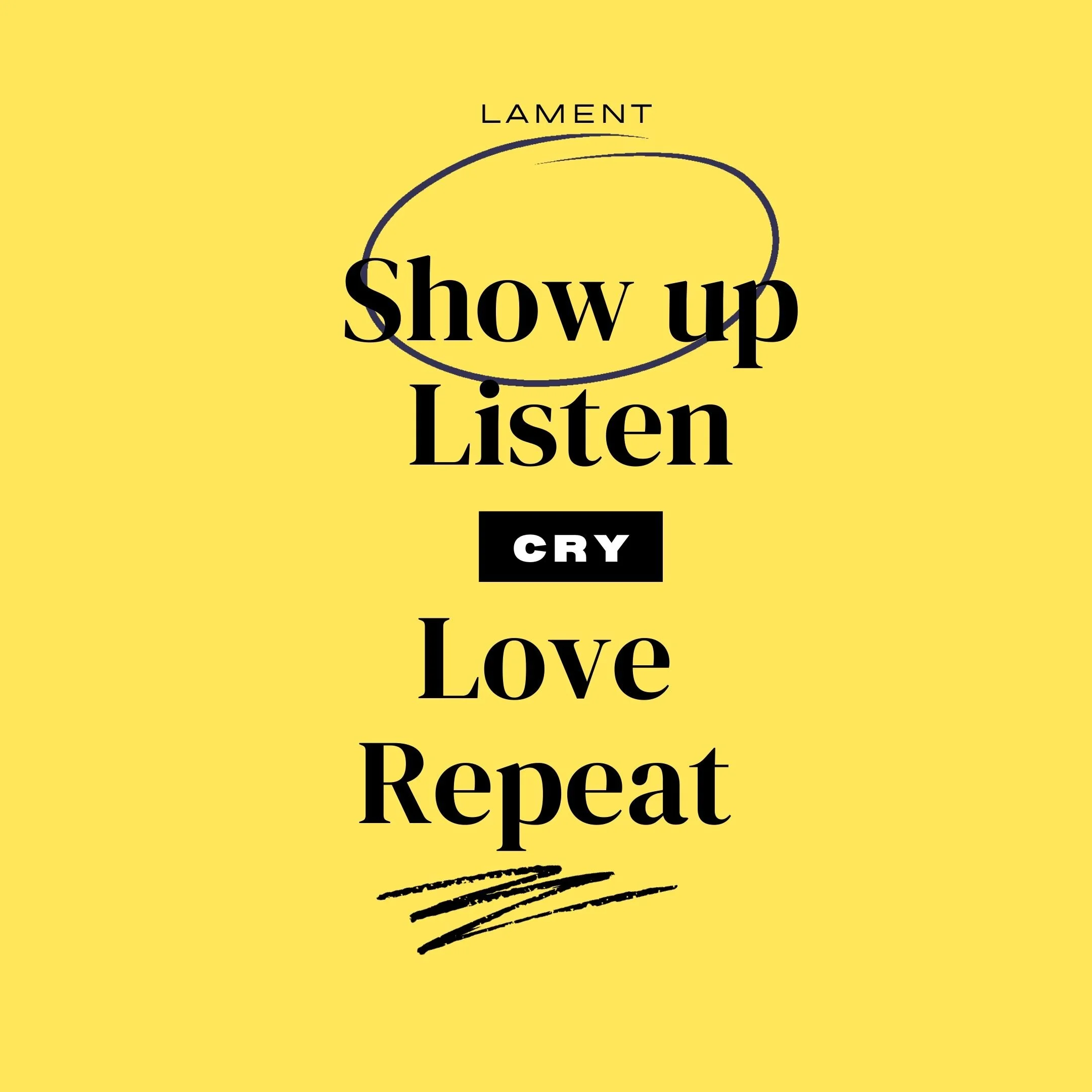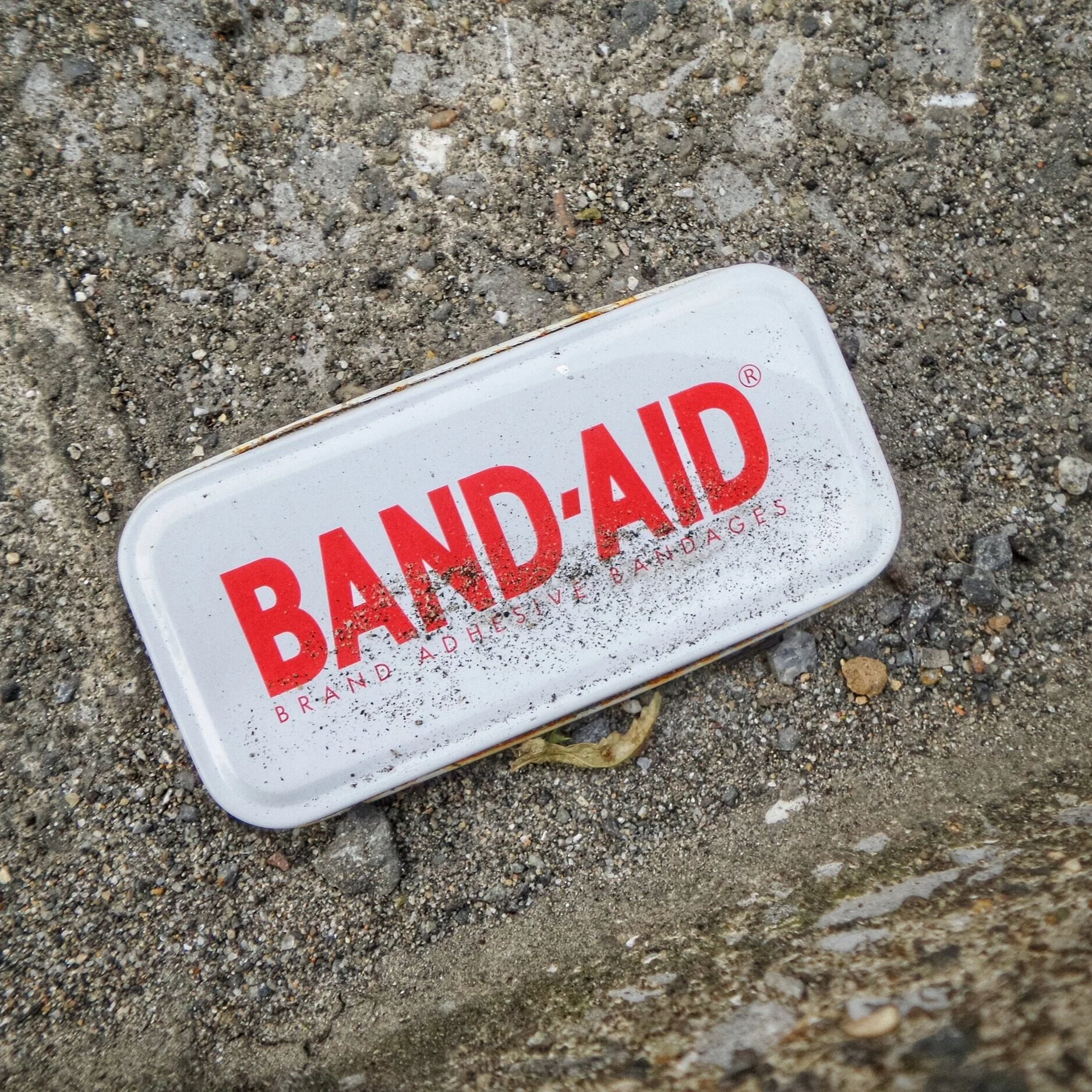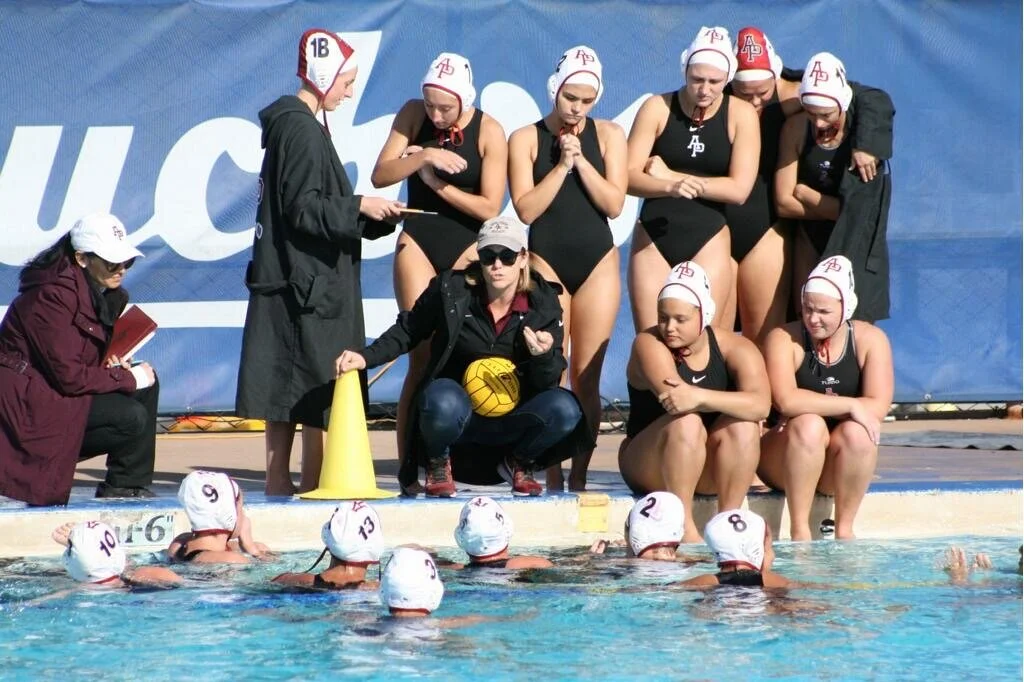Helping by NOT Helping
/We have choices when it comes to helping someone achieve something difficult. We can do it for them, do it with them, or make them do it on their own. There are times that we need to step in and help in a big way, other times when a little encouragement is enough, and still other times when tough love and enduring consequences is the only way someone will really learn. But how do we know when to use what tactic?
I was recently asked a question, “Do you know when to carry a burden with someone and when to let them carry it alone?”
I LOVE that question because it is a hard one to answer, and a great lesson to learn- one that I am still learning.
When does help turn into enabling? When does support actually limit someone? Sometimes, the most loving thing we can do for someone is NOT help them. It is sometimes easier to temporarily fix someone’s problem than it is to call them to do the very thing they think that they cannot do, the thing they think will break them. I know, I know, some of you may be thinking I am mean and horrible for saying we should not help people, but I’m not wrong! If I gave my kid every answer to his homework before making him think, there are plenty of not-so-nice sayings of that parenting style besides “helpful.” Too much help makes a person weak and incapable. It is true in nature too! If a wild animal is in captivity too long, their capacity to live out their natural instincts deteriorates. While they may be able to learn how to live again in the wild, nature is harsh and they are often- quite literally- eaten alive. I do not want to be the friend, coach, or parent that sets people up to get “eaten alive” in the world.
I used to take Galatians 6:2 as a stand alone verse. It says: “Carry each other’s burdens, and in this way you will fulfill the law of Christ” (NIV). I used to think that meant that as a mother, teacher, coach, and pastor’s wife I was supposed to help EVERYONE, and solve EVERY problem. Let me pause for a second and point out how unhealthy that belief was and is. First of all, it assumes that I can actually solve every problem- which is both naive and prideful at the same time. Second, it is not sustainable. It burned me out real quick; not only emotionally, but physically and spiritually as well. It also built up a false sense of control, a distorted view of responsibility, and made me think I was more “helpful” than I actually was.
But let’s take that small verse and put it in a little bit of context. This book in the Bible is a letter to a church describing how they should treat each other and conduct their day to day life. Galatians 6 starts out by saying,
“Brothers and sisters, if someone is caught in a sin, you who live by the Spirit should restore that person gently. But watch yourselves, or you also may be tempted.” “2 Carry each other’s burdens, and in this way you will fulfill the law of Christ.”
This verse assumes there is a strong enough relationship between people so that they can call each other to more- to Jesus. But, what is the first thing we are supposed to do once we recognize that? First, check yourself (and myself) to see that we are living by the Spirit. If the answer to that is yes, then we can move forward with correction. How do we do correct someone? We address the problem directly, but with love and gentleness. We have to first bring the difficult topic to light before we can deal with it in community. And let’s be clear- dealing with hard things IN COMMUNITY is the way God has wired us. We cannot conquer in isolation. Correction is love, even though it is the hard, sometimes shameful, and ugly. But, we can help each other through all that garbage (if we are willing). But that is not all, we do not only have to bring it to light, but we have to own our personal actions and attitudes in the process. Galatians 6 continues,
“ 3 If anyone thinks they are something when they are not, they deceive themselves. 4 Each one should test their own actions. Then they can take pride in themselves alone, without comparing themselves to someone else, 5 for each one should carry their own load. 6 Nevertheless, the one who receives instruction in the word should share all good things with their instructor.”
We see here in verses 3-6 that there has to be self-awareness, personal reflection, personal-responsibility (ownership), two-way instruction, and action. What we call self-awareness today is what Paul referred to when mentioning people “deceiving themselves.” Seeing and admitting to yourself who you really are, not who you want to be, is self-awareness. Ridding ourselves of all of our justified intentions, and getting down to our real motives, now that is “testing our own actions;” that is hard growth.
But realizing and testing our actions is not enough here for healthy living. We can become aware of an unhealthy habit we developed in childhood from our family or origin, but that does not make us change anything about it. Often a realization of a wound only convinces people they are justified in living in their dysfunction because they were wronged or the victim of someone else’s choices. There is a point that we have to own up to our own actions and stop blaming our past, our situations, our fears, our inequities, or other people. And Paul describes this by saying “for each one should carry their own load.” What? He just said carry one another’s burdens! Yes… AND… pick up our issues OURSELF and take them to God to work them out and grow.
We have to take action in our life, we cannot expect a friend, parent, or pastor to solve all of our problems for us. We cannot expect someone else to be responsible for our personal growth with God. We have to own our issues and work them out. In my training to become a foster parent I heard a quote and I can’t remember who is comes from, but is says this: “Who I am today may be a result of my circumstances and upbringing, but who I am tomorrow is up to me” (with the guidance and power of Jesus). We are not to stay the same in this life, and it is the power of Jesus and His resurrection that gives us the capacity to break chains of our history, upbringing, and even our DNA.
Paul calls us to growth and then to share that growth. He says to share it from teacher to student and student to teacher. This denotes a posture of humility and continual learning from anyone who is soaked in God’s love and in His word (which at this time does not mean the bible… they didn’t have one… it meant Jesus’ teachings). Humility says I can learn from anyone, and while that is a challenge of the flesh, it has proven rich time and time again for me.
In the last part of this section in Galatians 6, Paul says:
“7 Do not be deceived: God cannot be mocked. A man reaps what he sows.8 Whoever sows to please their flesh, from the flesh will reap destruction; whoever sows to please the Spirit, from the Spirit will reap eternal life. 9 Let us not become weary in doing good, for at the proper time we will reap a harvest if we do not give up. 10 Therefore, as we have opportunity, let us do good to all people, especially to those who belong to the family of believers.”
So this brings me back to the original question, How do we know when to carry a burden with someone and when to let them carry it alone? According to Paul we are to “do good to all people.” But let’s be clear, he just described what “good” looked like in the verses above. Good looks like living in the Spirit, calling out unhealthy tendencies in ourselves and others, being humble enough to listen to others’ feedback, taking personal responsibility in submitting that behavior to Jesus, and changing behaviors to reap what we sow.
Love calls me, and you, to growth in Jesus. Love does not sit by and enable someone to live the same destructive cycle over and over again. If we are to live out love in action, we will encourage and empower each other toward growth in God, ownership in the things we can change, and support in the things we cannot change.
So, if someone is still looking for a scapegoat for their situation, they likely need to pick up that burden on their own and do some personal work with Jesus. If you try to carry that burden with them, they will likely drop their own portion in that situation and ask you to carry it alone. We can, and do, make situations and people worse by carrying something FOR someone without their effort. So let us “do good to all people, especially those who belong to the family of believers,” and let’s encourage each other toward growth, even when it hurts.













